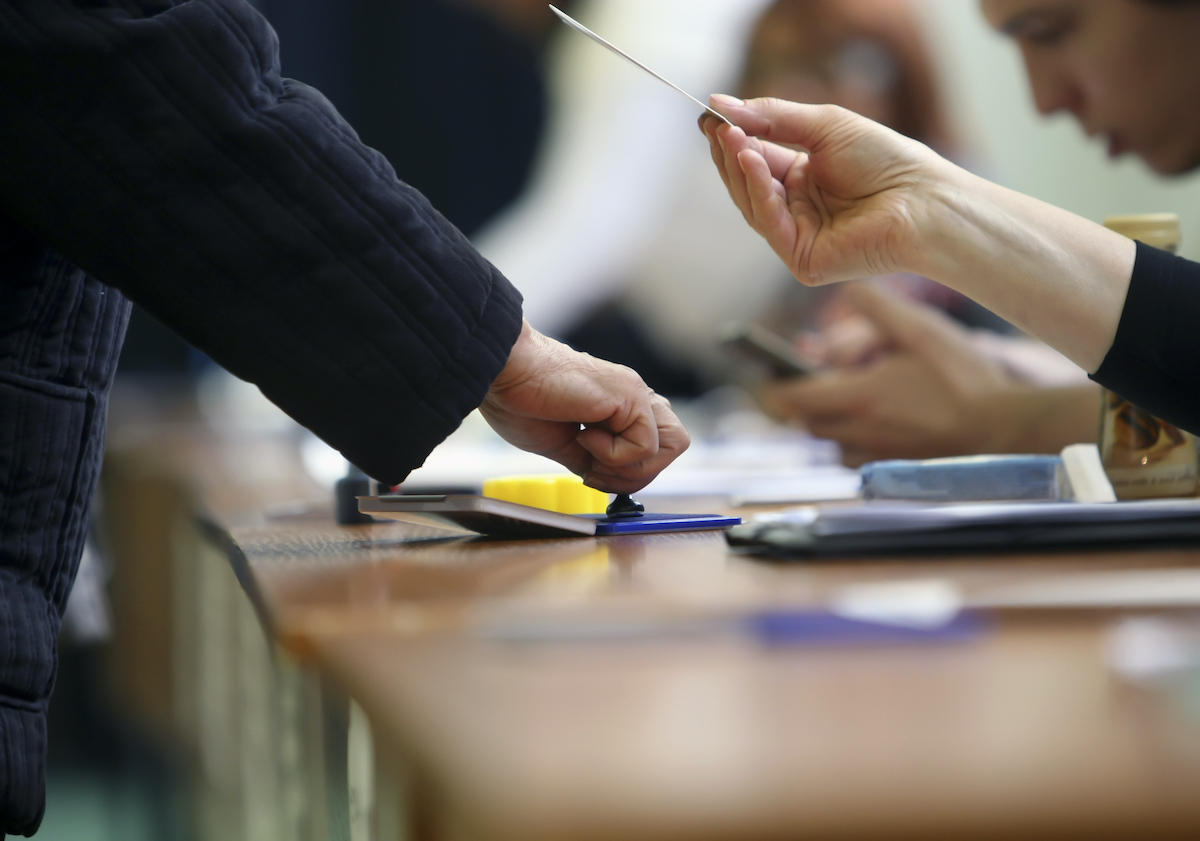While the full official results of the June 9 local and EU Parliament elections are not in yet, the list of those formally announcing the intent to run for president or considering it is expanding.
Organized every five years, the presidential elections are usually held in December, but this year, the governing coalition made up of the Social Democrat Party (PSD) and the National Liberal Party (PNL) announced the decision to hold them in September. Prime minister Marcel Ciolacu, also the president of PSD, has insisted on numerous occasions that the presidential elections would be held in early autumn (September 15 – the first round, September 29 – the second), more recently this past weekend, when he said the party he leads would hold a congress to elect the presidential candidate in early July. He also said he would not run for president in December.
When asked if PSD has other options for a presidential candidate – the party president is usually the presidential candidate – he said “there are always options; the important things is that my colleagues and I make the right decision,” Digi24 reported.
He also insisted that PSD needs to have its own candidate for the presidential elections, something the PNL leader Nicolae Ciucă agreed on. “At this point, both parties need to have their own candidate because we are talking about the most representative state position, we are talking about the person receiving the highest vote of confidence from the Romanian citizens, and, as much as we would like to talk about this coalition and the benefits of stable government, there are hardcore voters on both side, who would certainly not vote for a common candidate,” Ciucă said, as reported by Digi24.
Ciucă, who over the past weeks has been building the profile of the party’s pick for the presidency, explained that PNL would hold a national council after the local elections, where the party would not only analyze the results but also establish the next steps and a strategy for the upcoming elections.
One name that frequently popped up on the list of potential presidential candidates is that of Mircea Geoană, who currently serves as NATO deputy secretary general. Geoană, who was the president of PSD from April 2005 to February 2010, has been polling high in voters’ preferences for this year’s presidential elections. He has said that a potential announcement concerning his entering the race would be made “at the right time” and that any decision depends on the “domestic political calendar.” If he decides to run, it would be his second time after the 2009 presidential election which he lost to Traian Băsescu.
In an interview with Antena 3, Geoană explained he would not run on behalf of PSD, and argued this is the year of the independents, something seen in the local and EU Parliament elections. “I am not interested in contributing to the limited game of some political forces attempting to extend the current regime under a new form,” he said. Meanwhile, Marcel Ciolacu said that the option of having Geoană as the PSD candidate had not been yet discussed in the party, and he hadn’t spoken to Geoană in years. He also said Geoană was not an outsider since he used to be the party’s leader.
Before resigning from the job of president of the main opposition party, Save Romania Union (USR), Cătălin Drulă had declared himself ready to take on the challenge of being his party’s candidate. Now, USR needs to elect a president from a list of ten candidates, including activist Radu Hossu and former TV anchor Elena Lasconi, who was recently reelected for a second term as mayor of Câmpulung with close to 70% of the votes. In an interview with Digi24, Lasconi said she was up to the challenge of running for president if she has the party’s support and argued Romanian voters are ready to elect a woman as president. In his resignation speech, Drulă had pointed to the reelected Timișoara mayor Dominic Fritz as a potential candidate for the party president position, but Fritz did not enter the race despite showing initial interest in it. He also touted the idea of having distinct people as party leader and presidential candidate, but acknowledged this had little support inside USR.
While the other parties are still considering their options, George Simion, the leader of the far-right AUR (Alliance for the Union of Romanians), has officially launched his bid for president in an event organized at Bucharest’s Arenele Romane on June 15. The leader of AUR, which is sending six representatives to the European Parliament, has said the party would not support von der Leyen as president of the European Commission, G4media reported. He also said AUR would not enter an alliance with PSD or PNL and urged his colleagues to vote only “what is in the best interest of Romanians.”
(Photo: Carol Robert/ Dreamstime)
simona@romania-insider.com




